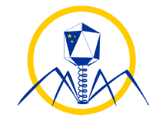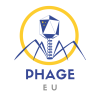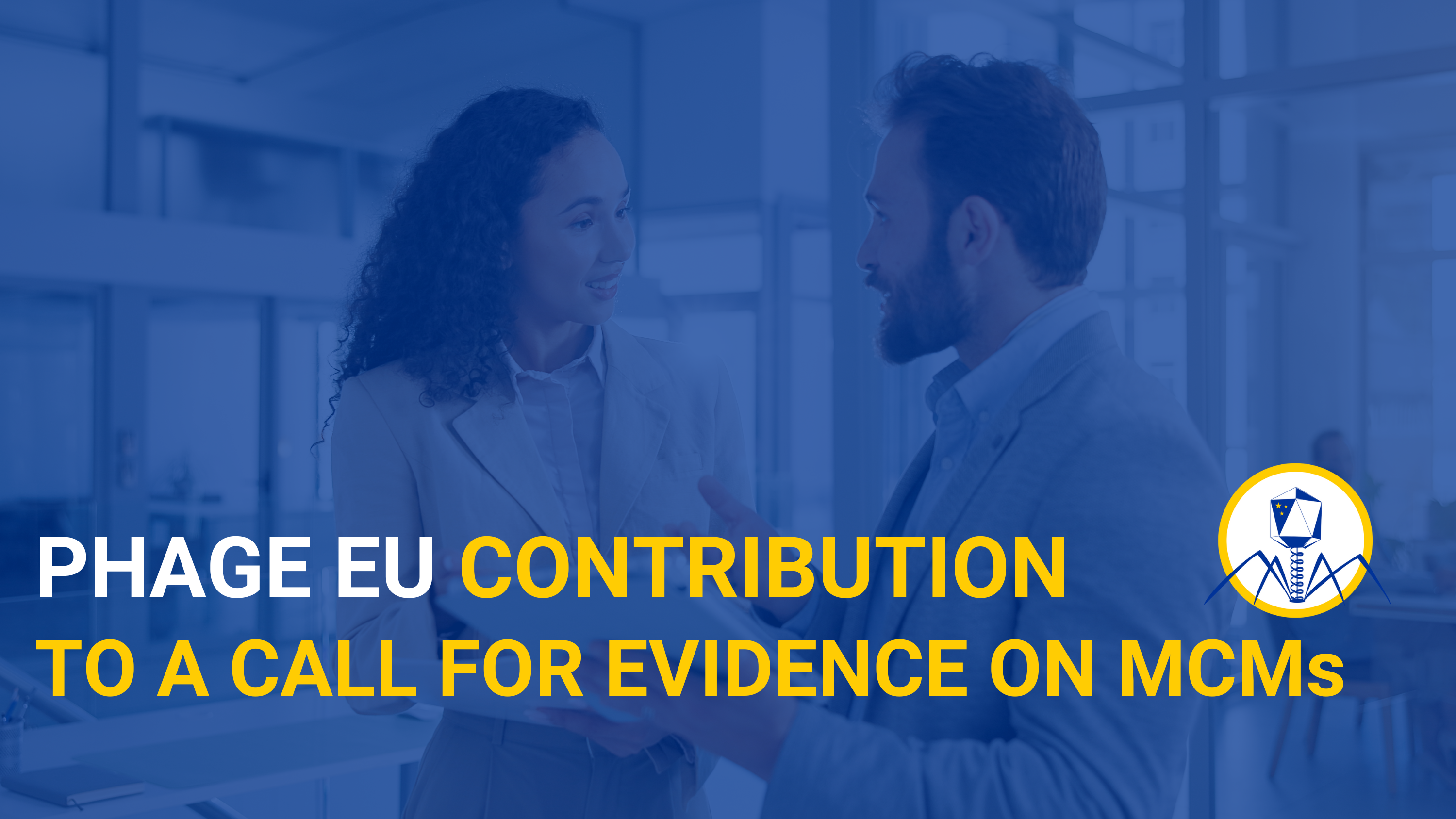The COVID-19 pandemic demonstrated the need to reinforce the EU’s health security framework and the added value of EU-level coordination to prepare and respond to serious cross-border health threats. Extreme weather events, threats of pandemic such as highly pathogenic avian influenza, antimicrobial resistance and CBRN incidents are concerns for all Member States.
European Commission is therefore working on a strategy to support medical countermeasures (MCMs) against public health threats. The strategy’s purpose is to fortify the EU’s health security, enhance the EU’s strategic autonomy in health, and contribute to reinforcing the competitiveness of strategic sectors for the EU economy and security.
Against this context European Commission has asked stakeholders for information, especially on the challenges faced in the development and supply of MCMs.
PhageEU contribution

Bacteriophage technology is key for the development of MCMs to fight AMR and reduce the use of antibiotics. This is especially important now, when antimicrobial resistance (AMR) is on its rise despite various efforts at European and global level.
The potential of bacteriophages has been already recognised by various decision makers, including Members of the European Parliament in their Resolution from June 2023. The same year EMA has issued scientific guidelines on quality, safety and efficacy of veterinary medical products designed for phage therapy and launched a consultation on the development of human medicinal products tailored to phage therapy. EFSA is currently working on a new guidance document on characterisation and risk assessment of microorganisms used in the food chain is currently open for public consultation.
In order to speed up the development and authorisation of phage technology in the EU, PhageEU members are calling on decision makers for:
- Targeted EU funding under Horizon Europe and EU4Health for phage-related R&D, clinical validation, and GMP-compliant manufacturing infrastructure.
- Fast-track regulatory pathways tailored for biologics and precision antimicrobials like phages, to enable flexible and adaptive approval processes.
- Support for coordinated EU-wide clinical trials, ensuring cross-border validation, data harmonization, and faster access across Member States.
- Inclusion of phage therapies in EU stockpiling and emergency preparedness frameworks, allowing rapid deployment during AMR outbreaks or future pandemics.
- Recognition and investment in existing EU-based manufacturing capacity for phages, with potential to scale production rapidly in times of crisis.
- Integration of phage-based solutions into the EU’s strategic autonomy agenda, reducing dependency on external suppliers and strengthening Europe’s innovation leadership in health.
- Support for Start-ups: accelerated and simplified access to public funding with a maximum six-month response time for grant applications and an increase in grant coverage to 70-80%; reduced tax burden on startups by establishing a dedicated startup tax status with lower social security contributions during the first years of operation, extending beyond just R&D positions.
Full PhageEU contribution is available here.
Phage EU is a coalition of likeminded stakeholders who represent phages in industry, the scientific community and civil society. We want to realize the full potential of phages in Europe.
Media Contact and Secretariat
Margareta Przybyla
PhageEU Secretary General
Contact Details
mprzybyla@phageurope.eu
Tel: 0032 476 591 091

